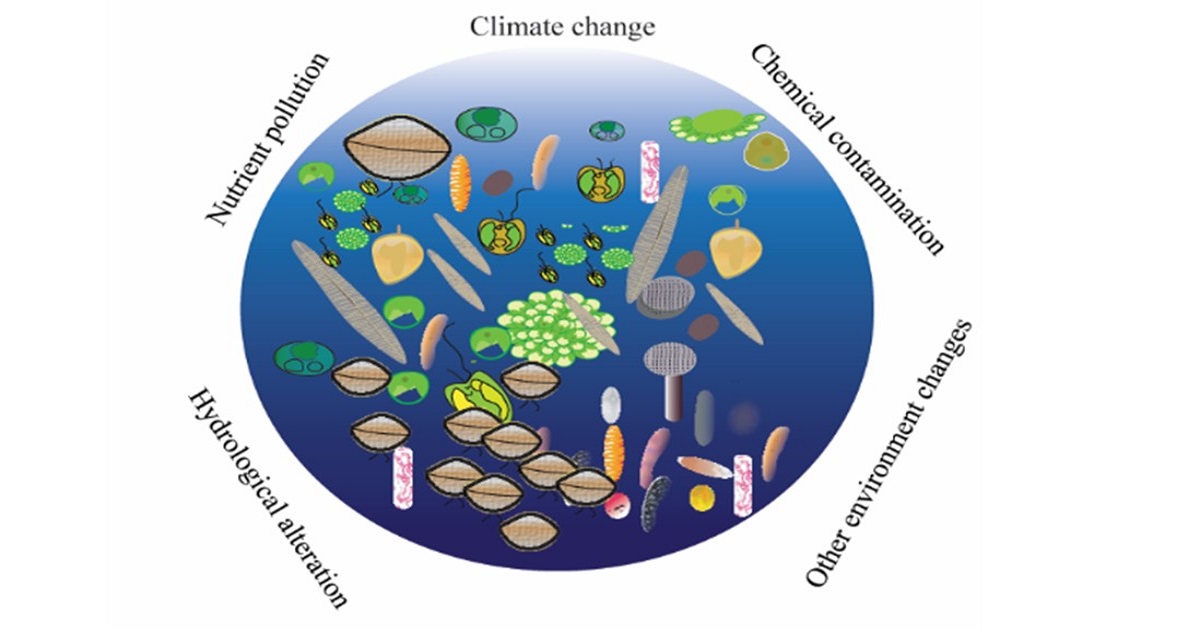- 2.1Impact Factor
- 4.0CiteScore
- 18 daysTime to First Decision
Diversity, Ecology and Spatiotemporal Distribution of Marine Algae and Their Associated Microbiome
Special Issue Information
Dear Colleagues,
Microalgae, which are taxonomically and ecologically diverse, serve as foundational components of aquatic food webs and global biogeochemical cycles through carbon fixation, oxygen production, and nutrient cycling. Their associated bacterial communities are equally diverse and dynamic, influencing algal growth, physiology, and adaptation. The diversity of both microalgae and their associated microbiomes underpin complex ecological networks that drive nutrient exchange, organic matter transformation, and ecosystem resilience. Understanding the spatiotemporal distribution patterns, the drivers of microalgal and bacterial diversity, and their community response characteristics is therefore essential for predicting the structure and function of aquatic ecosystems under changing environmental conditions, such as climate change, nutrient pollution, chemical contamination, and hydrological alteration.
This Special Issue of Diversity, titled “Diversity, Ecology and Spatiotemporal Distribution of Marine Algae and Their Associated Microbiome”, aims to highlight recent advances in understanding both the diversity, community composition, ecology, and spatiotemporal distribution of marine microalgae and their associated microbiomes. This Special Issue welcomes studies that explore these topics from multiple perspectives, including molecular biology, microbial ecology, oceanography, and environmental genomics, to better understand the mechanisms shaping both algal and bacterial diversity, their spatial and temporal dynamics, and their collective roles in maintaining marine ecosystem functioning.
Dr. Ruoyu Guo
Dr. Zhun Li
Guest Editors
Manuscript Submission Information
Manuscripts should be submitted online at www.mdpi.com by registering and logging in to this website. Once you are registered, click here to go to the submission form. Manuscripts can be submitted until the deadline. All submissions that pass pre-check are peer-reviewed. Accepted papers will be published continuously in the journal (as soon as accepted) and will be listed together on the special issue website. Research articles, review articles as well as short communications are invited. For planned papers, a title and short abstract (about 250 words) can be sent to the Editorial Office for assessment.
Submitted manuscripts should not have been published previously, nor be under consideration for publication elsewhere (except conference proceedings papers). All manuscripts are thoroughly refereed through a single-blind peer-review process. A guide for authors and other relevant information for submission of manuscripts is available on the Instructions for Authors page. Diversity is an international peer-reviewed open access monthly journal published by MDPI.
Please visit the Instructions for Authors page before submitting a manuscript. The Article Processing Charge (APC) for publication in this open access journal is 2100 CHF (Swiss Francs). Submitted papers should be well formatted and use good English. Authors may use MDPI's English editing service prior to publication or during author revisions.
Keywords
- microalgae
- microalgae-associated microbiomes
- diversity
- spatiotemporal distribution dynamics
- community responses

Benefits of Publishing in a Special Issue
- Ease of navigation: Grouping papers by topic helps scholars navigate broad scope journals more efficiently.
- Greater discoverability: Special Issues support the reach and impact of scientific research. Articles in Special Issues are more discoverable and cited more frequently.
- Expansion of research network: Special Issues facilitate connections among authors, fostering scientific collaborations.
- External promotion: Articles in Special Issues are often promoted through the journal's social media, increasing their visibility.
- e-Book format: Special Issues with more than 10 articles can be published as dedicated e-books, ensuring wide and rapid dissemination.

